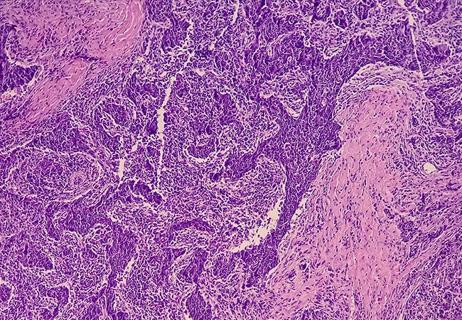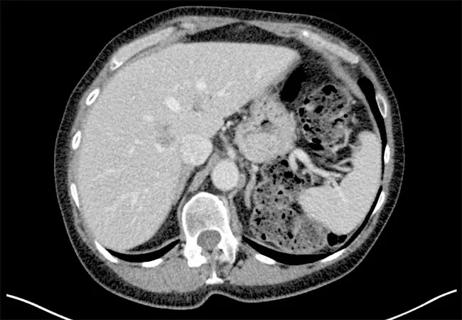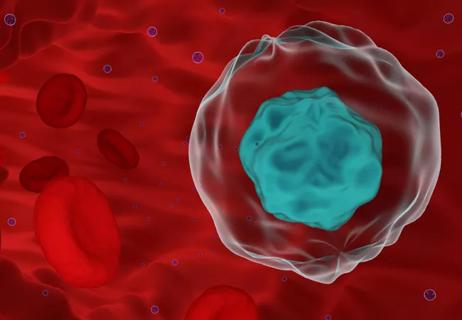Tag debug info: client: {"assets":{},"datasets":{},"live":{},"projects":{},"users":{},"observable":{"assets":{},"datasets":{},"live":{},"projects":{},"users":{}}} Now: 1770478749315 Cache Key: cqdTagPageBySlug:checkpoint-inhibitor-therapy fetchCache[cqdTagPageBySlug:checkpoint-inhibitor-therapy].expirationTime: falsey fetchCache[cqdTagPageBySlug:checkpoint-inhibitor-therapy]. seconds remaining: falsey All fetchCache expiration times: -- Key: cqdNotFoundPage, seconds remaining: -90443 -- Key: cqdTagPageBySlug:ulnar-artery-perforator-uap-flap, seconds remaining: -102062 -- Key: cqdPostsByTag:cqd-migrated-tag-19750,1,10, seconds remaining: -101857 -- Key: cqdTagPageBySlug:vitamin-d-supplementation, seconds remaining: -90443 -- Key: cqdPostsByTag:cqd-migrated-tag-17555,1,10, seconds remaining: -90381 -- Key: cqdTagPageBySlug:enhanced-recovery, seconds remaining: -90079 -- Key: cqdPostsByTag:cqd-migrated-tag-17270,1,10, seconds remaining: -89972 -- Key: cqdTagPageBySlug:left-main-disease, seconds remaining: -87707 -- Key: cqdPostsByTag:cqd-migrated-tag-21447,1,10, seconds remaining: -87628 -- Key: cqdTagPageBySlug:hyperparathyroidism-phpt, seconds remaining: -82793 -- Key: cqdPostsByTag:cqd-migrated-tag-3556,1,10, seconds remaining: -82728 -- Key: cqdTagPageBySlug:nathan-mesko, seconds remaining: -82451 -- Key: cqdPostsByTag:cqd-migrated-tag-20241,1,10, seconds remaining: -82375 -- Key: cqdTagPageBySlug:fm, seconds remaining: -82151 -- Key: cqdPostsByTag:cqd-migrated-tag-24719,1,10, seconds remaining: -82083 -- Key: cqdTagPageBySlug:rotation, seconds remaining: -81906 -- Key: cqdPostsByTag:cqd-migrated-tag-22725,1,10, seconds remaining: -81830 conditions: -- false, -- NA, -- NA, -- NA -- false Cache miss for key cqdTagPageBySlug:checkpoint-inhibitor-therapy - retrieving from Sanity CCCache.dataFetchCount: 9567 Cache cleanup seconds remaining: 30000
Advertisement
Advertisement
Tag: checkpoint inhibitor therapy
Researchers uncover profound differences in the mechanism of action between different PD-L1 checkpoint inhibitors
Treatment involved checkpoint inhibitor, surgery and intravesical therapy
Multidisciplinary care for patients with immune-related adverse events
Incidence, outcomes and management
Advertisement
Cleveland Clinic is a non-profit academic medical center. Advertising on our site helps support our mission. We do not endorse non-Cleveland Clinic products or services. Policy
Recommendations focus on selecting the right biomarkers for the right setting
Nivolumab, CV301 and systemic chemotherapy trial
IMbrave-150 changes standard of care
irAEs are a formidable challenge
Collaborating to treat this emerging complication of CPI
Rendered: Sat Feb 07 2026 15:39:09 GMT+0000 (Coordinated Universal Time)
9500 Euclid Avenue, Cleveland, Ohio 44195 |
800.223.2273 | ©
2026 Cleveland Clinic. All Rights Reserved.








